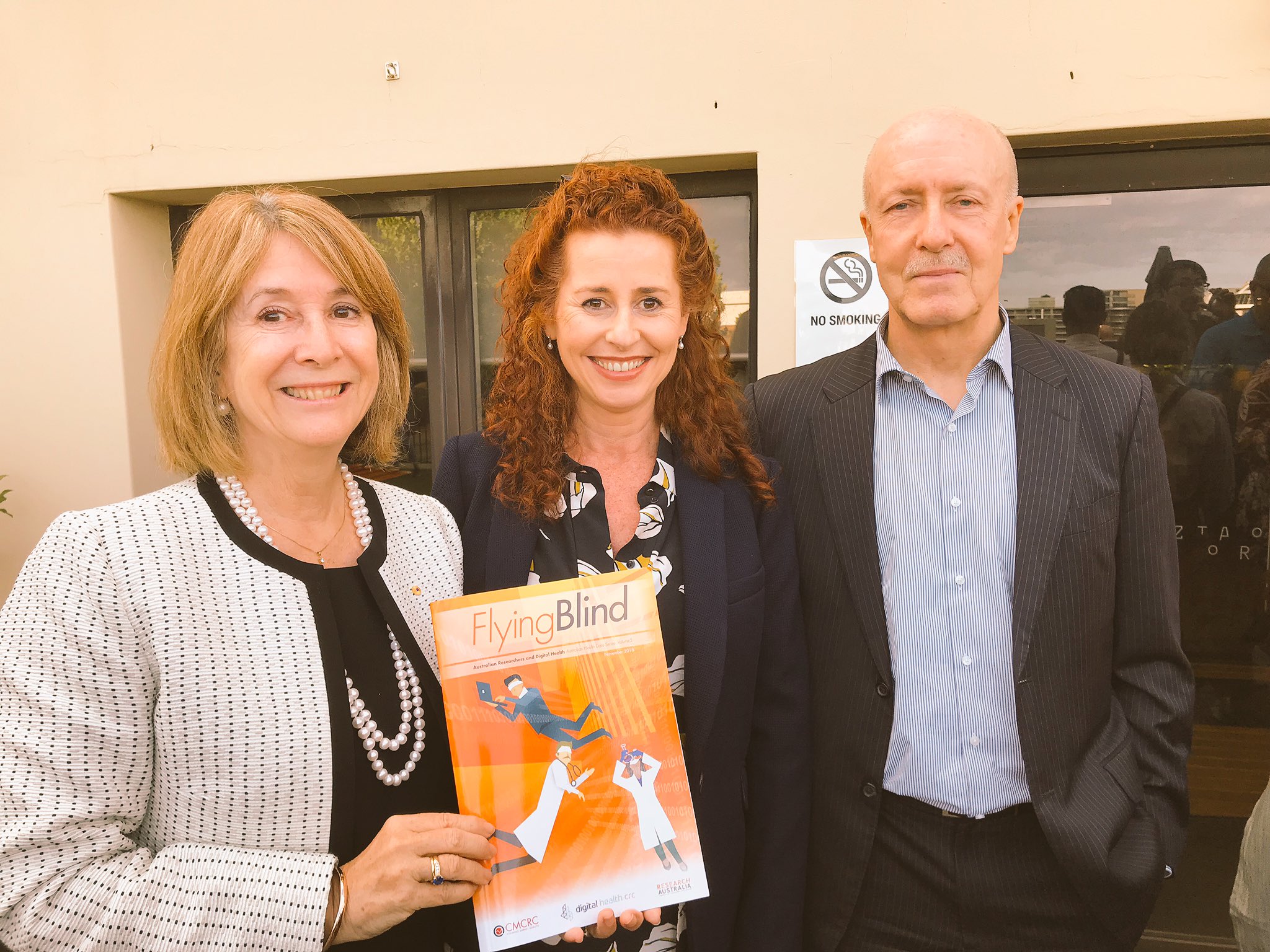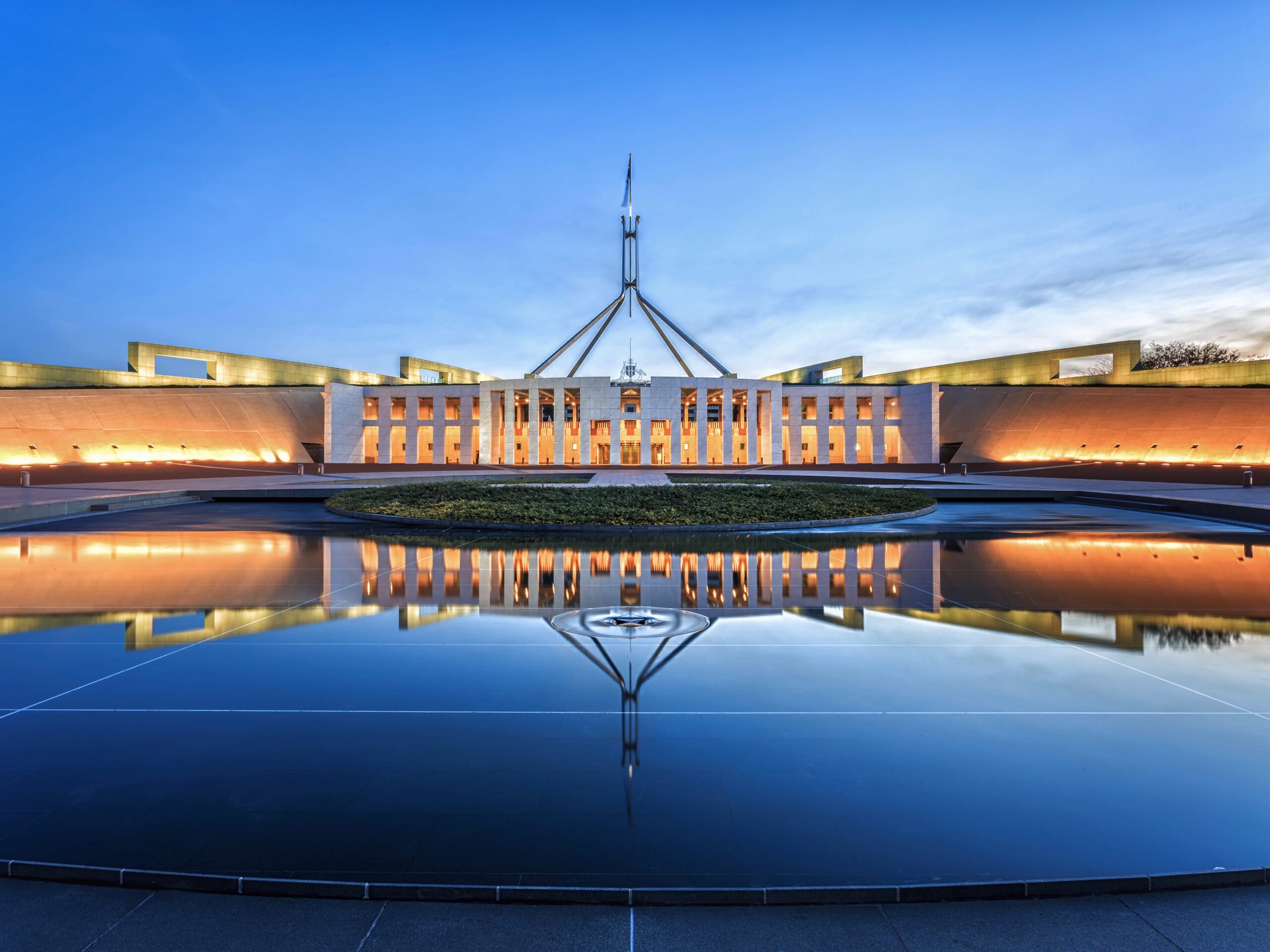Introducing Flying Blind 2

Australia holds high quality digital
health data that could be of incredible value to health and medical researchers. In spite of the abundance of digital data, Australian health and medical researchers spend several months and even years to assemble data required for their research.
Research Australia’s annual consumer surveys demonstrate that Australian consumers are willing to share their health data to support research. However, this is not reflected in the current restrictive environment where researchers face a myriad of problems as they navigate a complex environment enmeshed in legislative, ethics and other barriers around data accessibility for research. Very often these obstacles result in long delays where research funding almost runs out, forcing many researchers to abandon linked data studies and make do with small data sets or seek overseas data banks to address their research questions.
Flying Blind 2 offers a way forward with a series of recommendations to enhance medical research in Australia, saving lives and saving dollars. The report proposes:
1. A harmonised process of data governance that provides a path from collection to researchers, and that ensures privacy and confidentiality are maintained.
2. Appointing organisations to act as data holding organisations for both structured and unstructured data
3. Creating Accredited Release Agencies to build data collections suitable for research
4. Privacy, Security, Confidentiality by Design
5. Publicly accessible protocols so that all Australians can see how health data is used, and how it is making a difference.
6. A single national data rich access point for researchers, that would also benefit the healthcare and health technology sectors.
Flying Blind
Flying Blind is a series of three reports dedicated to uncovering the acute levels of data fragmentation existing at all levels of Australia’s health landscape. Flying Blind 1 focused on the consumer health journey and released in 2016. Flying Blind 2 focuses on enhancing medical research through data access. It was released in November 2018. Volume 3 will provide a view of data from the perspective of funders, policy and regulatory agencies.
Flying Blind is a collaboration between the newly established Digital Health Cooperative Research Centre (CRC), the Capital Markets CRC and Research Australia.
The Capital Markets CRC has been transforming research for over 20 years. We apply world-leading research infrastructure and analytical expertise to global markets including finance, health, energy and digital finance. The aim is to make them all fairer and more efficient, thereby benefiting our partners.
The Digital Health CRC was announced in April 2018. It is a $200+ million opportunity to transform health delivery: improving health outcomes; reducing waste in the health system; building businesses and jobs.
Our 80-member organisations represent every segment of the health system from patient to community, hospital to insurer, start-up to big government.
Our researchers, from 16 universities, will work with our health partners to develop and test solutions that work for real patients in real hospitals and other settings of care. And our business partners will work alongside them to ensure that the solutions are scalable and implementable. We’ll develop them in Australia, then take them to the world.
Research Australia is the voice of health and medical research participants across the health and medical research pipeline. We have broad insight into what patients and consumers, funders, researchers and commercial groups can contribute and require from it.
Click here to view Flying Blind, a series of three reports: https://flyingblind.cmcrc.com/








